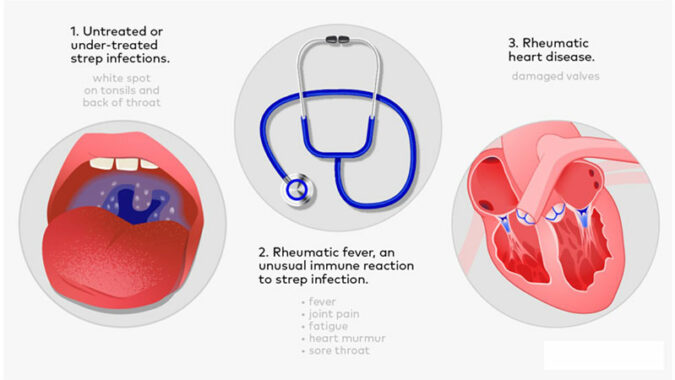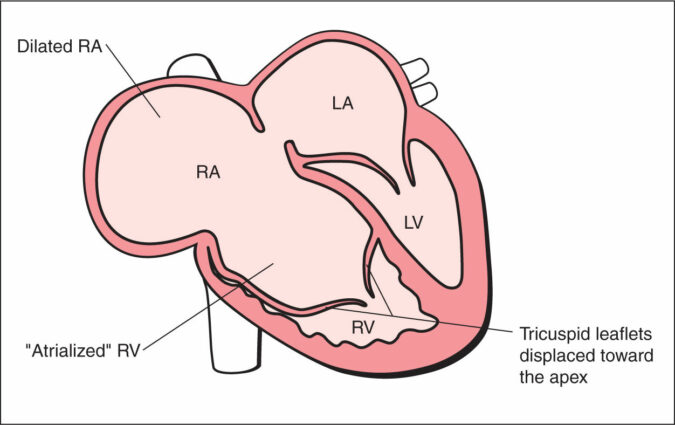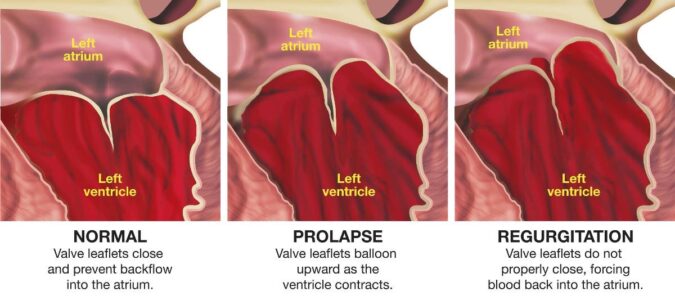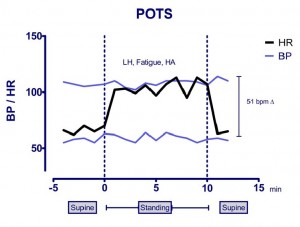Rheumatic Heart Disease: Causes, Symptoms, Diagnosis & Treatment
What is Rheumatic Heart Disease? Rheumatic heart disease (RHD) is a long-term heart condition caused by damage to the heart valves following rheumatic fever. Rheumatic fever itself is an inflammatory reaction that can occur after an untreated throat infection caused by group A streptococcus bacteria. Over time, repeated episodes of rheumatic fever can lead to…







